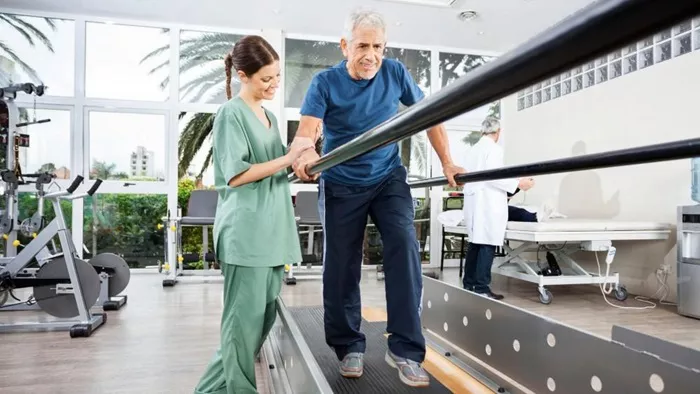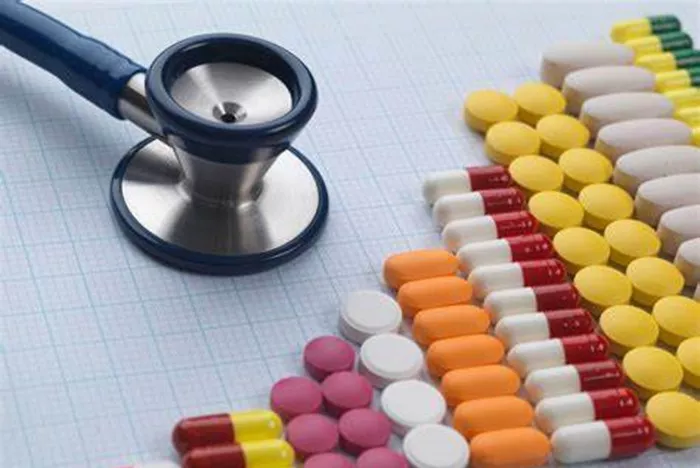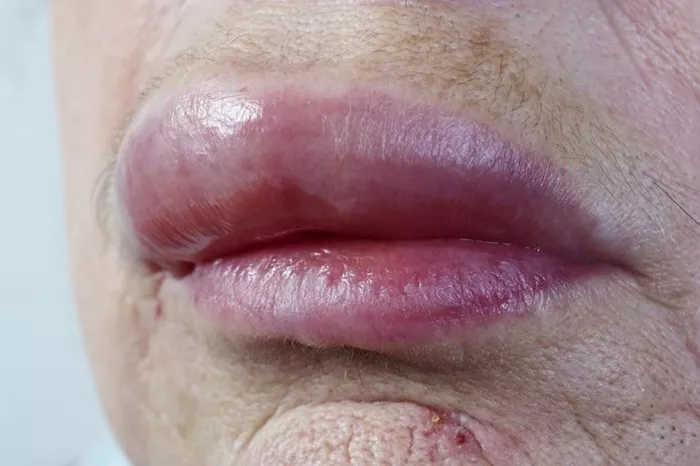Post-stroke psychosis (PSP) is a neuropsychiatric disorder characterized by the onset of psychotic symptoms following a stroke. While stroke primarily affects the brain’s blood supply, it can also lead to various psychological and cognitive complications, including psychosis. PSP can significantly impact a stroke survivor’s quality of life and present challenges for both patients and caregivers. In this comprehensive guide, we delve into the causes, symptoms, diagnosis, and treatment of post-stroke psychosis to shed light on this often overlooked condition.
What is Post-Stroke Psychosis?
Post-stroke psychosis is a relatively rare but serious complication that can occur in the aftermath of a stroke. It is characterized by the presence of psychotic symptoms such as hallucinations, delusions, and disorganized thinking. These symptoms may emerge suddenly or gradually develop in the weeks or months following a stroke. Post-stroke psychosis can affect individuals of any age, although it is more commonly observed in older adults.
Causes of Post-Stroke Psychosis
The exact cause of post-stroke psychosis is not fully understood, but several factors may contribute to its development:
Brain Damage: Stroke can cause damage to various areas of the brain, disrupting neural circuits and neurotransmitter systems involved in perception, cognition, and mood regulation. This structural damage may predispose individuals to develop psychotic symptoms.
Neurochemical Imbalance: Changes in neurotransmitter levels, particularly dopamine and serotonin, have been implicated in the pathophysiology of psychosis. Stroke-related alterations in neurotransmitter function may contribute to the onset of psychotic symptoms.
Vascular Factors: Vascular risk factors such as hypertension, diabetes, and atherosclerosis are common contributors to stroke. These same vascular risk factors have also been associated with an increased risk of psychiatric disorders, including psychosis.
Psychological Factors: The emotional and psychological impact of stroke, including feelings of loss, grief, and anxiety, can contribute to the development of psychotic symptoms. Post-stroke depression and anxiety may exacerbate psychotic symptoms and complicate treatment.
Symptoms of Post-Stroke Psychosis
The symptoms of post-stroke psychosis can vary widely depending on the individual and the severity of brain injury. Common symptoms include:
Hallucinations: Visual hallucinations, auditory hallucinations, and tactile hallucinations are frequently reported in individuals with post-stroke psychosis. These hallucinations may involve seeing, hearing, or feeling things that are not present.
Delusions: Delusions are false beliefs that are firmly held despite evidence to the contrary. In post-stroke psychosis, delusions may manifest as paranoid beliefs, grandiose beliefs, or bizarre beliefs.
Disorganized Thinking: Impaired cognition and disorganized thinking may occur in individuals with post-stroke psychosis, leading to confusion, incoherent speech, and difficulty concentrating or focusing.
Agitation and Aggression: Some individuals with post-stroke psychosis may experience agitation, irritability, or aggression, particularly if they are distressed by hallucinations or delusions.
Mood Disturbances: Mood disturbances such as depression and anxiety are common in individuals with post-stroke psychosis and may coexist with psychotic symptoms.
Cognitive Impairment: Cognitive deficits, including memory impairment, executive dysfunction, and attentional deficits, may accompany psychotic symptoms in individuals with post-stroke psychosis.
Diagnosis of Post-Stroke Psychosis
Diagnosing post-stroke psychosis requires a comprehensive evaluation by a healthcare professional, typically a neurologist, psychiatrist, or geriatrician. The diagnostic process may include:
Medical History: A thorough medical history, including details about the stroke event, previous psychiatric history, and current symptoms, is essential for identifying post-stroke psychosis.
Physical Examination: A physical examination may be performed to assess neurological function, cognitive status, and overall health.
Neuropsychological Assessment: Neuropsychological testing may be conducted to evaluate cognitive function, including memory, attention, language, and executive function.
Imaging Studies: Brain imaging studies such as magnetic resonance imaging (MRI) or computed tomography (CT) scans may be ordered to assess for structural brain abnormalities associated with stroke.
Psychiatric Evaluation: A psychiatric evaluation may be conducted to assess the presence and severity of psychotic symptoms, mood disturbances, and other psychiatric symptoms.
Treatment of Post-Stroke Psychosis
Treatment of post-stroke psychosis typically involves a multidisciplinary approach aimed at addressing both the underlying stroke-related factors and the psychotic symptoms. Treatment modalities may include:
Medication
Therapy: Antipsychotic medications are commonly used to manage psychotic symptoms in individuals with post-stroke psychosis. Atypical antipsychotics such as risperidone, olanzapine, quetiapine, and aripiprazole are often preferred due to their lower risk of extrapyramidal side effects.
Psychotherapy: Psychotherapeutic interventions, such as cognitive-behavioral therapy (CBT), supportive therapy, and psychoeducation, may be beneficial for addressing mood disturbances, anxiety, and coping strategies in individuals with post-stroke psychosis.
Physical Rehabilitation: Physical rehabilitation programs aimed at improving mobility, strength, and functional independence following stroke may indirectly benefit individuals with post-stroke psychosis by enhancing overall well-being and quality of life.
Social Support: Social support networks, including family members, caregivers, and community resources, play a crucial role in the management of post-stroke psychosis. Education, counseling, and support services can help individuals and their caregivers cope with the challenges associated with the condition.
Stroke Prevention: Stroke prevention strategies, including lifestyle modifications (e.g., smoking cessation, dietary changes, exercise) and management of vascular risk factors (e.g., hypertension, diabetes, hyperlipidemia), are essential for reducing the risk of recurrent stroke and minimizing the likelihood of further neurological complications.
Monitoring and Follow-Up: Regular monitoring and follow-up with healthcare providers are essential for assessing treatment response, monitoring for medication side effects, and addressing any emerging psychiatric or neurological symptoms.
Prognosis and Outlook
The prognosis for individuals with post-stroke psychosis varies depending on several factors, including the severity of the stroke, the extent of brain injury, the presence of comorbid medical conditions, and the effectiveness of treatment interventions. While some individuals may experience significant improvement in psychotic symptoms with appropriate treatment, others may continue to experience persistent symptoms or develop complications such as cognitive decline or functional impairment.
Conclusion
Post-stroke psychosis is a complex neuropsychiatric disorder that can significantly impact individuals recovering from a stroke. By understanding the causes, symptoms, diagnosis, and treatment of post-stroke psychosis, healthcare professionals can provide comprehensive care and support to affected individuals and their families. Early recognition and intervention are crucial for optimizing outcomes and improving the quality of life for individuals living with post-stroke psychosis. Through a multidisciplinary approach that addresses both the neurological and psychiatric aspects of the condition, individuals with post-stroke psychosis can receive the care and support they need to maximize their recovery and achieve optimal mental health and well-being.
[inline_related_posts title=”You Might Be Interested In” title_align=”left” style=”list” number=”6″ align=”none” ids=”8952,8948,8945″ by=”categories” orderby=”rand” order=”DESC” hide_thumb=”no” thumb_right=”no” views=”no” date=”yes” grid_columns=”2″ post_type=”” tax=””]
































